Russia Plane Crash Anniversary: One Year Since Metrojet Flight 9268 Crash In Egypt [PHOTOS]
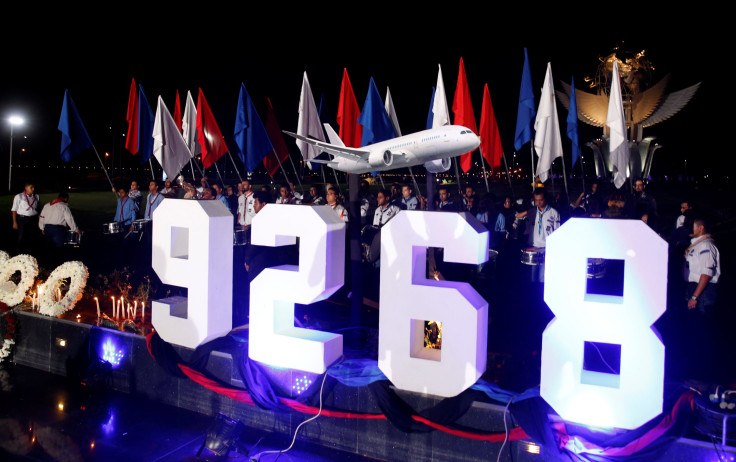
Monday marks the first anniversary of the Russian Metrojet Flight 9268 crash in the Sinai Peninsula, Egypt, that killed all 224 people on board. The Airbus A321 passenger plane was headed to St. Petersburg from Sharm el-Sheikh resort in Egypt when it crashed Oct. 31 last year.
On Monday, a mass will be held at an Orthodox church in Sharm el-Sheikh to remember the victims of the crash. The country’s aviation minister and the Russian ambassador were reportedly among those who attended a ceremony Sunday night in the Red Sea resort town.
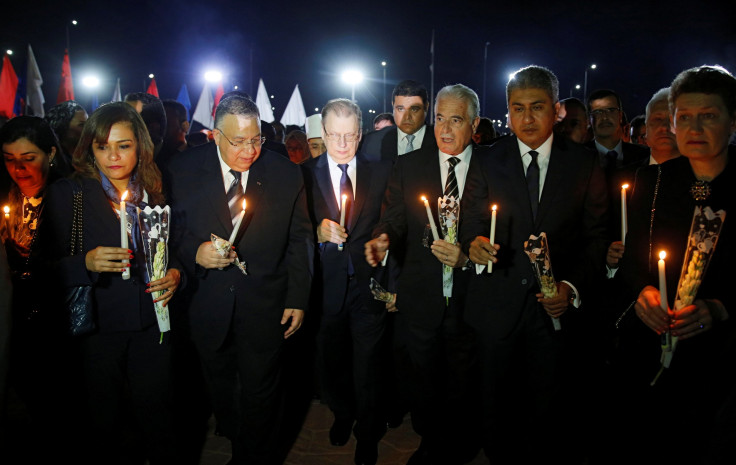
Egypt’s Aircraft Accident Investigation Central Directorate is still investigating the downing of Flight 9268, but it is believed to be caused by an improvised explosive device placed aboard the aircraft at Sharm el-Sheikh airport. Last December, Cairo released a preliminary report, saying its investigation committee did not “receive any evidence” that indicated foul play in the crash. However, in February, Egyptian President Abdul Fattah el-Sisi acknowledged a terrorism link to the crash.
The Islamic State group claimed responsibility shortly after the crash, saying the blast was caused by a bomb that had been smuggled onto the plane.
"According to a preliminary version, the bomb could have been laid under the passenger seat by the window. Its operation has led to the destruction of the frame and depressurization of the cabin, which had an explosive character," Russian newspaper Kommersant, citing an unnamed source, reported in November.
Alexander Bortnikov, the head of Federal Security Service of the Russian Federation, said at the time: “One can unequivocally say it was a terrorist act. After tests of the personal items and elements of the aircraft, examination has revealed traces of explosives on the [Airbus] A321.”
Following the incident, Russia canceled all flights to Egypt. The United Kingdom also canceled flights to the resort town in reaction to the crash. The move affected Egypt’s tourism industry, which has already suffered since the 2011 revolution.
Russian ambassador Serge Kirpichenko said Sunday: "We are certain the day and time are approaching, and quickly, for the return of Russian tourism to Egypt... We are working on this day and night."
Sisi said in February the attack was aimed at hurting the country's relations with Russia and not at harming tourism.
“Has terrorism ended? No. Whoever downed that plane, what did he want? Just to hit tourism? No. To hit relations. To hit relations with Russia,” Sisi said at the time.
In September, Turkish Airlines resumed flights to Sharm el-Sheikh resort in Egypt almost a year after the Metrojet crash.
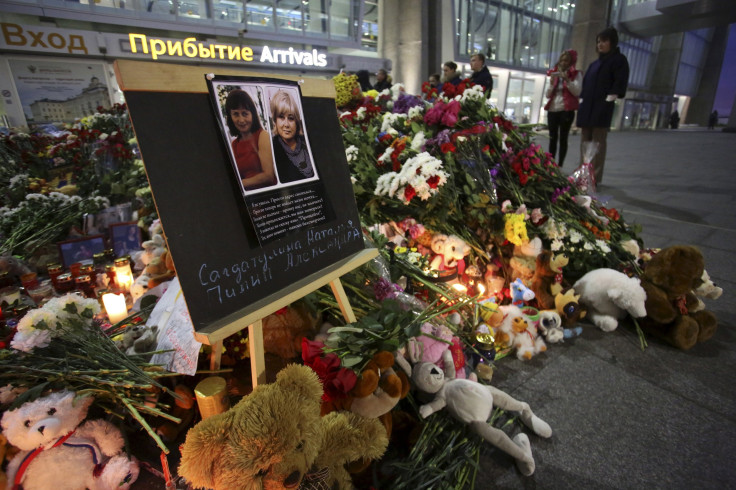
Below are some photos from the crash site.
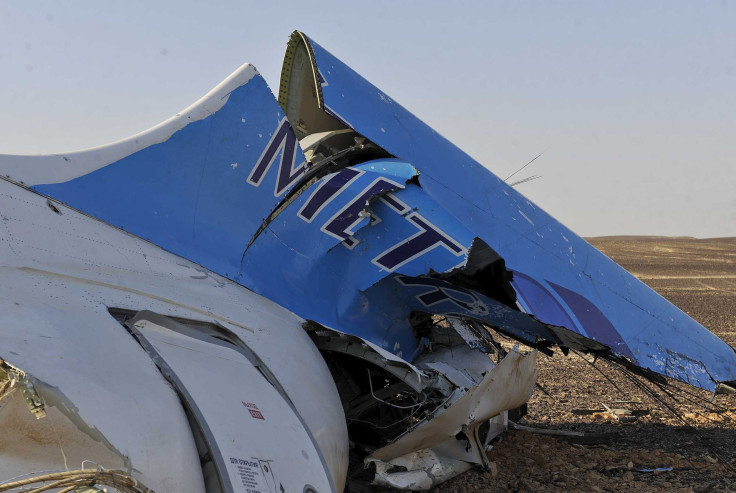
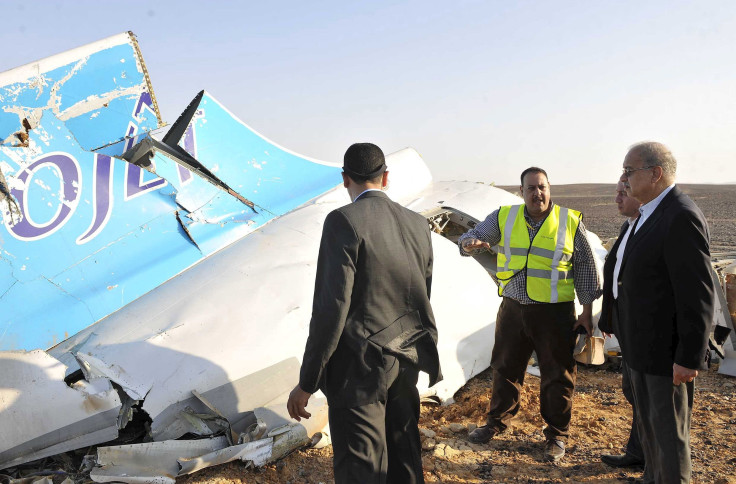
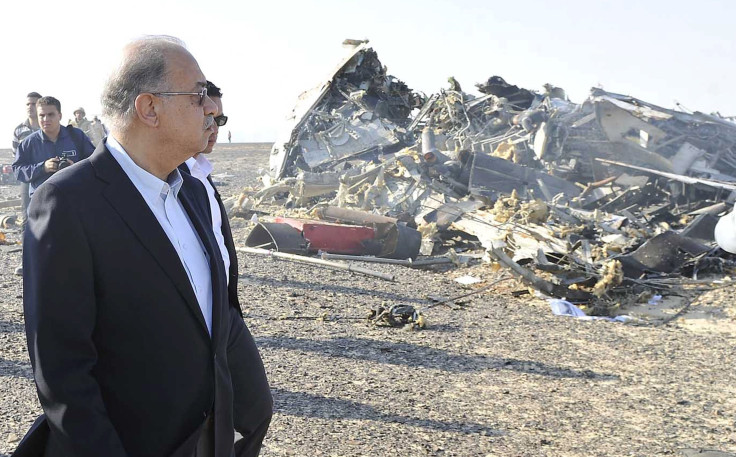
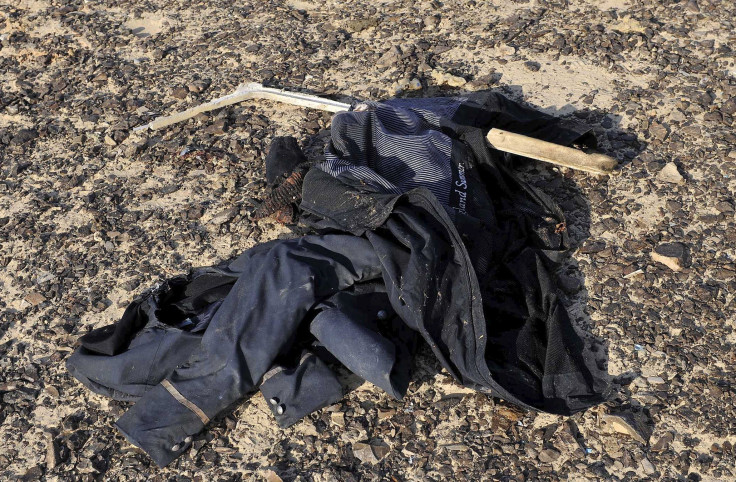
© Copyright IBTimes 2024. All rights reserved.











